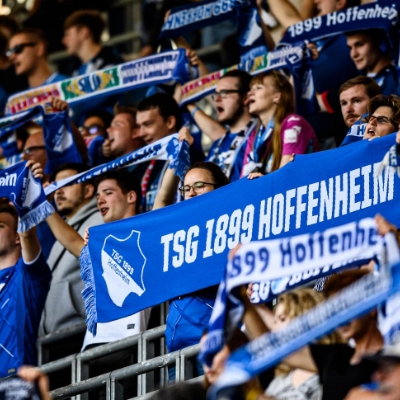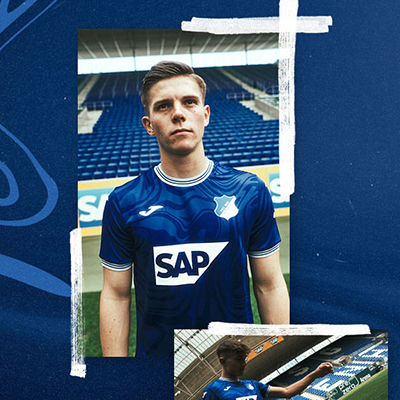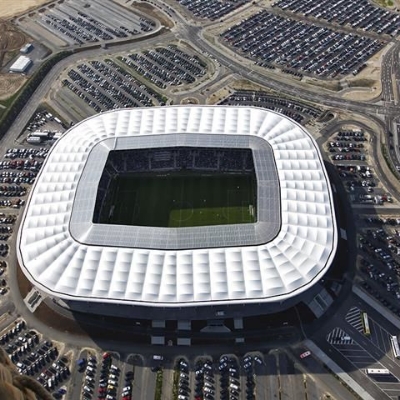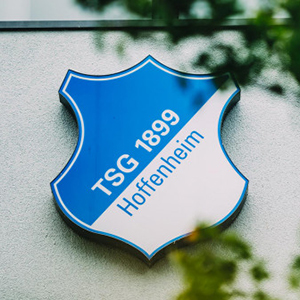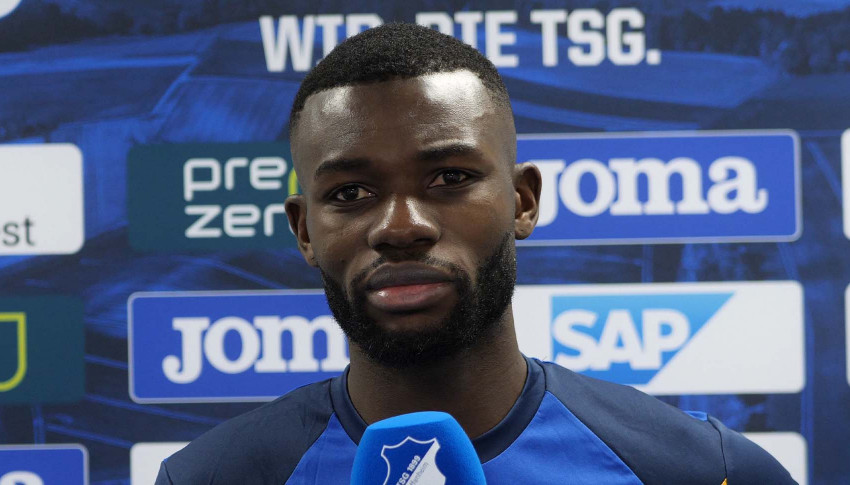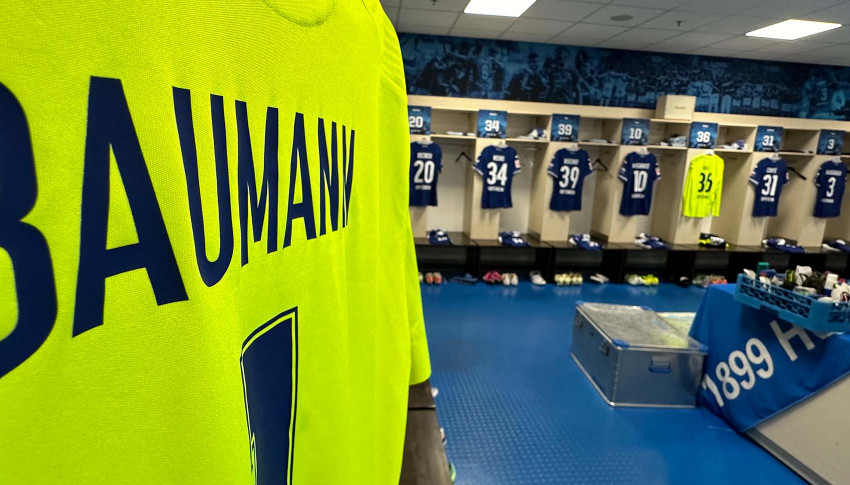DFL: Sustainability becomes licensing criterion
With this decision, the clubs are continuing on the path they embarked on together in December 2021, when they included a clear commitment to sustainability in all its dimensions (ecological, economic and social) in the preamble to the statutes of DFL e.V., and also resolved that sustainability criteria were to become part of the licensing process.
A multistage implementation model is now envisaged. To this end, at today’s Members Assembly, the Minimum Criteria were approved, applying to three areas: “club management and organisation”, “environment and resources” and “stakeholder groups”. In future, the clubs will be obliged to provide evidence of a sustainability strategy and an environmental strategy, for instance. Other obligations include annual measurements of water consumption, wastewater production and energy consumption, as well as a mobility and traffic analysis. In addition, all clubs must prove that they have a code of conduct for all employees, clearly distance themselves from all kinds of discrimination, and commit to equality, diversity and inclusion.
TSG support the resolution
"We have actively followed the process and welcome the decision in the interests of the Bundesliga and in the interest of TSG. We've already been working on creating the operational basis for these reporting obligations for some time," said TSG Hoffenheim managing director Jan Mayer.
Divided into two categories, the Minimum Criteria will come into force in stages. Proof of compliance with the Minimum Criteria I is already compulsory in the licensing process for the 2023-24 season. For the Minimum Criteria II, which are still to be defined in more detail, this is optional for the time being. Binding compliance with both Minimum Criteria I and II will be examined for the first time in the licensing process for the 2024-25 season.
"It's also a fact that licensing alone has not made us any more sustainable. That's why what that leads to is crucial: namely the need, as a Bundesliga club, to answer the question of where I stand in society. Much like TSG Hoffenheim has been doing since 2018 with 'TSG is movement'," said Stefan Wagner, Head of Corporate Development at TSG.
The Sustainability Guidelines have been drawn up over the past few months. They incorporate the opinions of the Sustainability Working Group appointed by the DFL Executive Committee, the individual feedback from the clubs and the clubs’ Responsibility Working Group, and the opinions of external specialist advisers and experts. During the development of the guidelines, it has been and will be ensured that clubs that are already carrying out extensive activities individually can continue to act with a focus on their respective strategic priorities.
Along with enhancing the guidelines, the DFL is already working on various core topics in the field of sustainability. For instance, the establishment of a data platform for the clubs is being planned as part of the development of the licensing structures. This helps the clubs to continuously gather and evaluate data on sustainability and enables the use of data for internal management tasks or in dialogue with external stakeholder groups. Furthermore, the DFL is working with external experts to devise additional support services for clubs in terms of compliance with the guidelines. These services include handbooks and templates for uniform analyses that assist with the implementation of defined criteria. The DFL will also focus on new sustainability training opportunities for the clubs’ employees.





